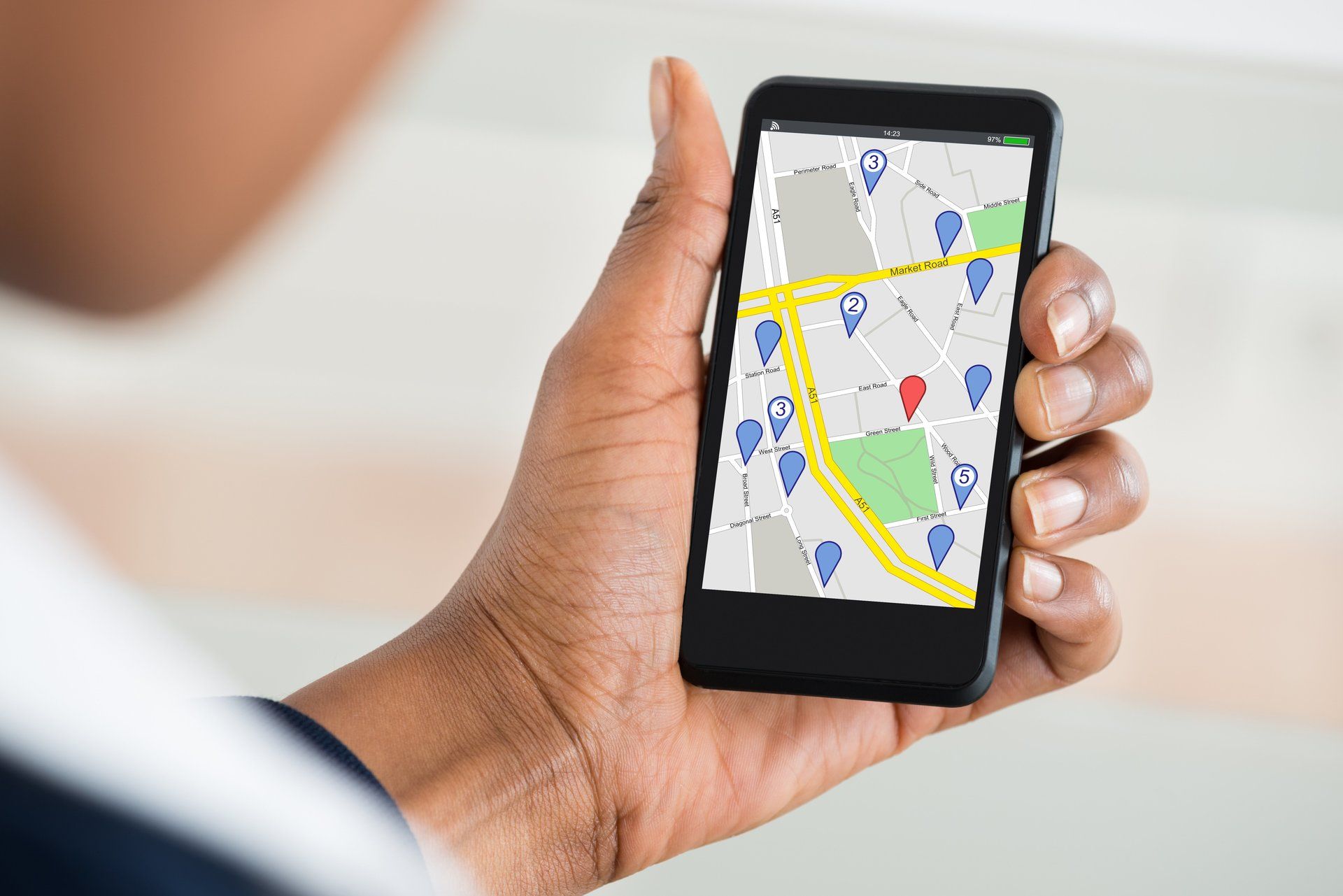The Decline of ‘Near Me’ in Searches
How location-based searches are changing
The digital world is constantly changing. Every day, programs are updated, trends shift and Google edits its algorithms. With so many frequent changes, anyone who wants to maintain a successful online presence—like all digital marketers—has to keep up with the trends. Even the experts have to stay on top of their game if they don’t want to fall behind.
Several months ago, we published an articlethat explained why it’s crucial that your website is optimized for ‘near me’ searches. For example, instead of searching for “flower shop Cleveland, Ohio,” more searchers were replacing the location name with “flower shop near me.” It provided more accurate results based on the user’s physical location, rather than the broad location.
Even though the phrase ‘near me’ has been used less over the past two years, we still felt it was important for businesses to make their locations known on their website so search engines could pick up on it and show the business as a local result.
The good news is that all the information we wrote about locations being a crucial element on your website is still relevant. Google still takes your location into account when showing results for localized searches, whether the searcher types his or her location or it is implied. Therefore, it’s still just as important to specify the area(s) you serve. However, the way people are typing in those searches is starting to shift.
What’s Changing?
Location-based searches are continuing to grow, but more people are opting to search for a product or service without location indicators, while still expecting Google to provide local results.
VP of Marketing for the Americas Google, Lisa Gevelber, talks about
how people now expect Google to interpret what they want.
“ People increasingly assume they’ll receive relevant information with fewer explicit inputs. They expect a simple word or phrase to deliver the results they’re after when they search. In essence, people are saying ‘don’t make me exert extra effort when you should already know exactly what I want
.’”
Basically, we’re relying on technology to read our minds.
Why is it Changing?
Although the amount of local searches is continuing to grow, less people are using terms like ‘near me’ or ZIP codes in their searches. Instead of searching for “flower shop near me,” people are simply searching for “flower shop.”
Why?
Searchers know Google will automatically generate resultsbased on their location, even if they don’t indicate where they are at. Thanks to the growth of mobile devices that rely on GPS capabilities, Google doesn’t need any other location indicators to recognize where you are looking for results. And it assumes that when you search for something specific like “flower shop,” you want local results.
Mindstream Media writer Chelsea Weidauer explains this drop in location-based search terms. “While some searchers still include modifiers, the declining use of qualifiers like ZIP codes, neighborhoods and ‘near me’ shows that users now expect Google to deliver local content based on their location and assume Google knows when a search has local intent.”
Search engines are still providing localized results, knowing it’s what people want. Just because users aren’t searching with location-specific terms doesn’t mean location is any less important for businesses, or that people are no longer looking for local results.
As our phones get smarter, we get lazier and expect Google to pick up the slack—which it does, thankfully.
What Does this Mean for Businesses?
For businesses who want to make sure their websites still show up in localized searches, not much needs to change from previous digital marketing strategies. In fact, everything in our blog about ‘near me’ searchesis still relevant, even though people are leaving out the words ‘near me.’
Indicating your business’s location on your website is still just as important
as it has always been.
You should continue to utilize a variety of approaches in your digital marketing strategy. Adding location-based landing pages, managing local listings pages and creating localized PPC campaigns will all help increase your local presence. Customers may not be using localized search terms, but Google still recognizes your location based on these items and ranks you accordingly.
You should also make sure your website has a responsive design, making it mobile-friendly. Since most searches for local businesses are performed on mobile devices, your website needs to work on a mobile device, or you may drive visitors away.
Although the way people are searching for local businesses has changed, what they want has stayed the same. The importance of optimizing your website locally is just as important as ever to a successfully ranking website.
Keep it Local
The more technologically advanced we become, the more we expect maximum results from minimum effort, and this trend is a testament to that. What hasn’t changed, though, is that business owners need to focus on localized content for Google to recognize their location and list them as a result when people are searching for nearby services like theirs.
The shift we saw in implied local searches shows how quickly things change, even if it’s just a change in how we arrive at the same destination. As long as the Internet is still a widely-used medium, we’ll continue to stay on top of these trends, learning how we can adapt with them.
Get the Latest Content in Your Inbox
Want to be the first to know about new content? Sign up to get our weekly blog posts sent to your email!










